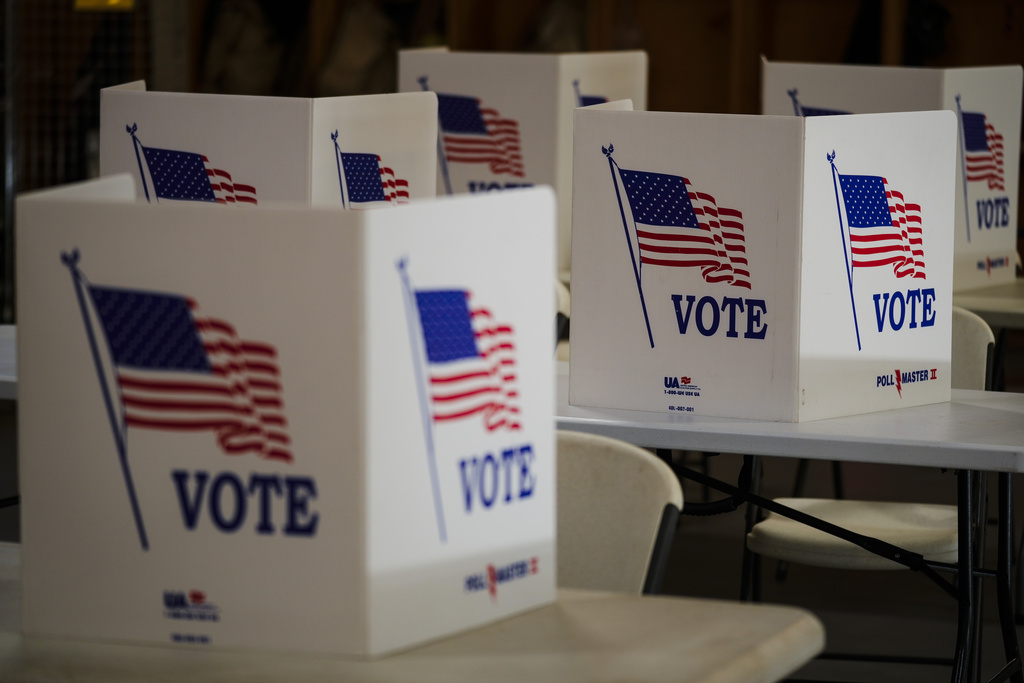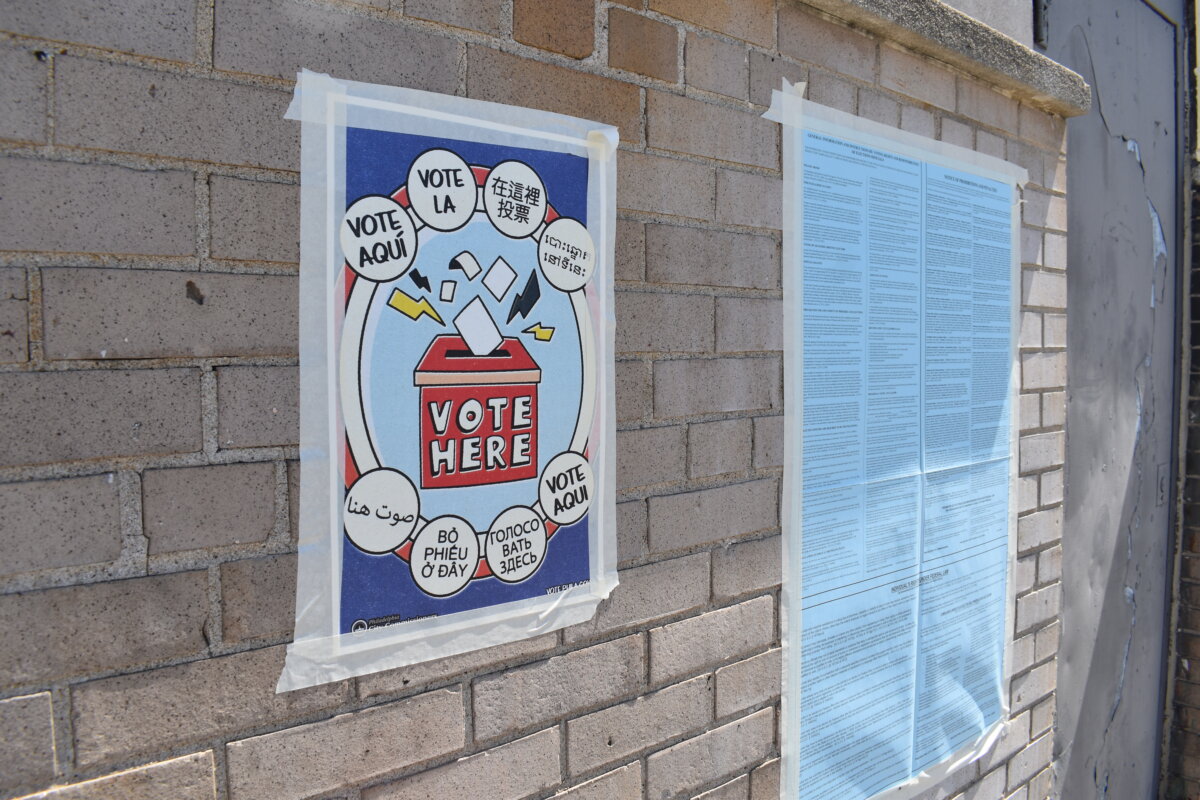For their book “The Freshman Survival Guide,” authors Nora Bradbury-Haehl and Bill McGarvey of BustedHalo.com interviewed professors, administrators, campus ministers and students alike in order to give incoming freshmen a primer on practicalities they’ll need to know their first year of college — and also to help them tackle the bigger questions. We went to McGarvey with some questions of our own.
What’s the biggest mistake that freshmen make when they start college?
Kids come in and they have all this freedom, and they assume that everybody is going to be a good person, is gonna be trustworthy, and a few weeks or a few months into the semester, you might realize that person you really befriended in that first week can be not really worthy of your trust. You spend 18 years getting to this point and you have friendships and networks with people that know you and know who you are, and you know them: Don’t just check them out the window just because you’re in college and everything is exciting and new. Kids have so much freedom, they can drown themselves. They also lose themselves because they’re not around people that understand who they are, who they’ve been for the past 18 years, and so they can go off the deep end sometimes. That can be really dangerous. I think having that network back home that you can rely on but also letting your wings spread a little bit [is important]. You have an opportunity to do all this stuff that can be good or it could be destructive, but hopefully we gave you some examples of people who had been there before who’ve had these same choices, and maybe you can listen to their choices and hopefully learn a little something from them.
Why did you choose to include matters of faith in your book? A lot of college guidebooks don’t broach that subject.
That’s kind of the reason why. There’s a lot of books out there about getting into school and getting good grades, and making yourself a success in college, making friends, and how to meet girls. But there was nothing in there that dealt with the whole student. These books almost seem to assume that these students were a collection of brain cells and hormones. We wrote the book a little while ago, but in the past year there had been this research that came out from UCLA called Spirituality in Higher Education — essentially all our preset positions kind of proved accurate. College kids are less religious but they’re definitely getting more spiritual and more interested in those things. The book is not a heavy-handed religion thing. There’s practical information you need about school and about the problems you might be involved [with]. There’s also gonna be resources there in terms of your spiritual background. I interviewed campus ministers from every faith tradition I could find. What was beautiful about it was how wonderful they harmonized on all these issues.
Why is faith such an important part of the freshman experience, in your opinion?
I don’t know if we’re trying to say that you have to go to church or anything, but I think the studies have shown that spirituality is a huge part of Americans’ lives. These students, they have enormous freedom that they never had before — and they have an enormous freedom to really screw up as well. I also think it’s an enormous time for when you start thinking for yourself a little bit more. It’s not about what your parents think, it’s not simply in reaction to your parents or in agreement with your parents or your family. It’s a big a time when you start asking questions for yourself. And this can be some small questions, like how do I get good grades, how do I study or what do I do with a crazy roommates, to bigger questions like what should I be doing with my life. To me those are big questions; in many ways those are religious questions, spiritual questions. I think to not address those is a mistake. And I think our book hopefully tries to offer that resource out there as well, that there are a lot of people dealing with the spiritual dimension of things as well from lots of different faith perspectives.
What’s the biggest misconception that incoming freshmen have about college?
It’s hard to generalize on that, but I think, like all of us, we all think we might know more than we do when we’re 18 years old, we think that we are ready for everything. That spirit is a great thing, it’s what moves us forward, and we don’t wanna squash that, but I think a misconception is that you can handle things yourself sometimes. I think it’s really important for students to know how much help is out there and for them to not to belabor themselves to think that they need to have all the answers, that they shouldn’t ask for help because they’re adults now and they’re not living with their parents. This is a very important growth stage for them into adulthood and we all need help along that road, and different kinds of help. I think the biggest misconception is that they’re ready to take on the world and that’s a very human thing to think.
Tell me about the book’s web component.
I came from a web background and a book is another form of technology, it’s just a much older form of technology. I wanted to make sure that our book reflected the way younger, college students read and interact with the media now. It was always very important to me that there was going to be a heavy web element, an interactive element to the book. Throughout the book there are chapters where you have survival tips, you can go online and get special information or contribute, but there’s also this thing called the Interactive RA: Resident assistants from around the country volunteer to take questions; they also write a blog with a lot of frequently asked questions and a lot of advice. We are very aware that some students are gonna be embarrassed to ask for help from their RA, or maybe their RA’s not a particularly friendly person, or they’re embarrassed because it’s a very personal thing, or they embarrassed they don’t wanna get themselves in trouble, or they’re also afraid, like what if I tell my RA that my roommate is dealing drugs, is this gonna get me killed? This is an opportunity for people to get some advice relatively anonymously, and our interactive RAs will get back to you within 24 hours with an answer. We really try to push them to get help locally on campus and give them some strategies for solving whatever health problems they have or any questions they have.
What should every freshman know upon starting college?
You’re spending good money to get an education and there are enormous resources at your fingertips. It’s almost like going to a spa: the money you’re spending not only pays for your classes, [but] this is a place where you can go live, and eat, and maybe there’s a gym membership, usually there’s psychologists on call, there’s academic help — there’s really an enormous well of resources. You’re gonna run into challenges, but there are places to turn, people that are there to help you, that want to help you, and that have seen this and understand it and have been there before. And that’s really I think hopefully what our book does, is crowd-source a lot of those great resources on campuses around the country, and put them together in one place. So that’s I think one thing I want kids to know … that there are places to get help and if you have problems to not be afraid to reach out on whatever level.
















